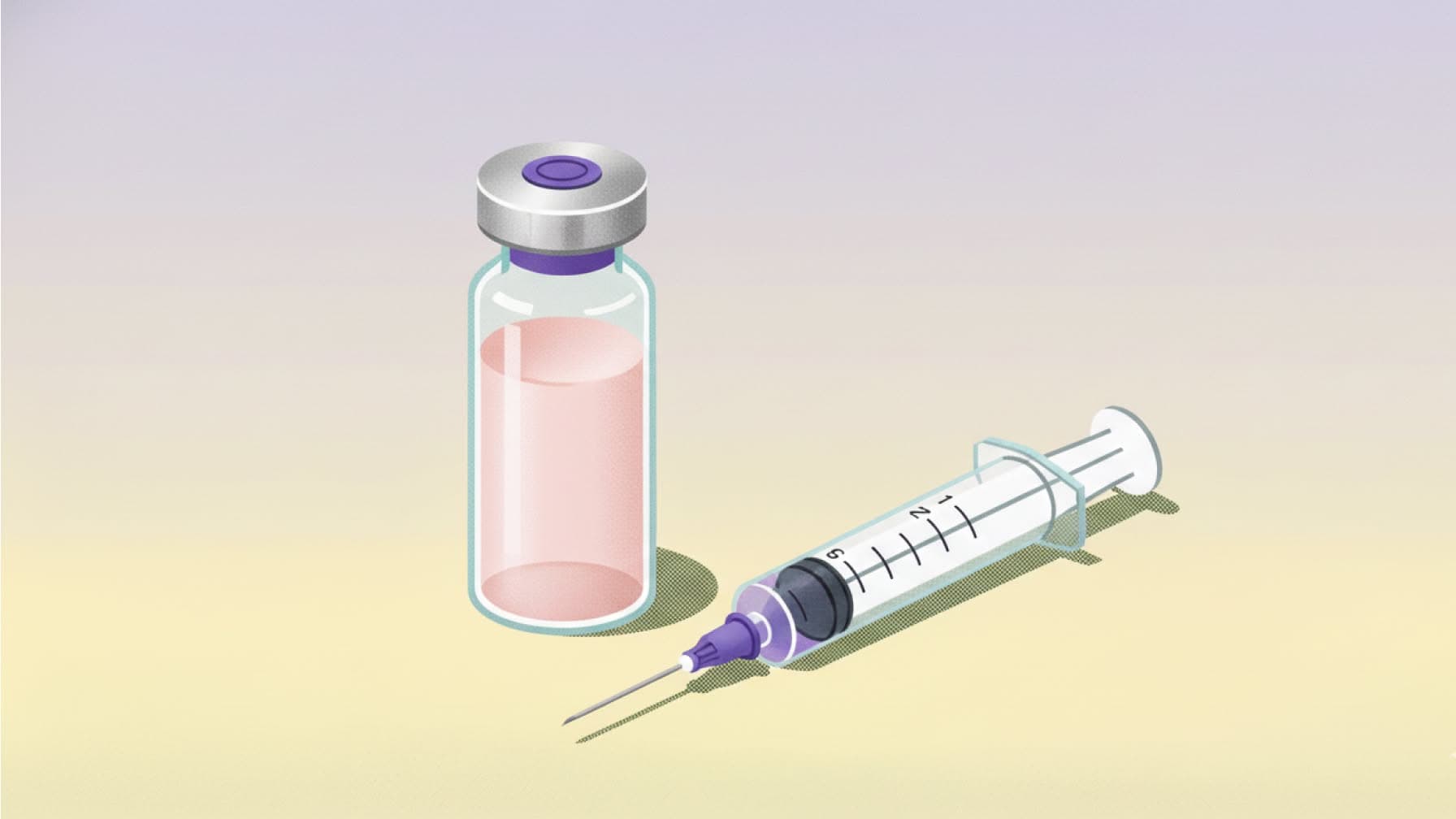If you have been exploring wellness or longevity, you have likely heard about NAD+. It is promoted for energy, healthy aging, and recovery. This guide explains what NAD+ is, how it works, who might benefit, safety basics, and how to access it through a clinician.
What is NAD+
NAD+ stands for nicotinamide adenine dinucleotide. It is a molecule found in every cell that helps turn food into energy and supports DNA repair. It also helps your cells respond to everyday stress.
Over time, NAD+ levels can decline with age, poor sleep, inactivity, and chronic stress. Many people explore ways to support or restore those levels.
What NAD+ does in the body
Energy production. NAD+ helps your mitochondria make ATP, the energy currency of the cell.
DNA repair. It powers enzymes that repair everyday DNA damage.
Cell protection. NAD+ supports proteins that help cells handle stress.
Metabolism regulation. It plays a role in blood sugar balance and fat metabolism.
Who might benefit
Research is ongoing, but common reasons people explore NAD+ include:
General wellness and energy for adults who feel their energy has dipped with age
Healthy aging and longevity goals
Athletic recovery after intense training
Metabolic and vascular support under medical guidance
Note that NAD+ is not an FDA approved treatment for aging or disease. Results vary from person to person.
Ways to boost NAD+
Lifestyle habits
Regular exercise, quality sleep, and a balanced diet support your body’s natural NAD+ production. Reducing alcohol overuse and managing chronic inflammation can also help.
Oral supplements
NR (nicotinamide riboside) and NMN (nicotinamide mononucleotide) are NAD+ precursors.
Human studies show they can raise NAD+ in blood and are generally well tolerated.
In the U.S., NMN is allowed as a dietary supplement. NR has long been available over the counter.
Injections and IV therapy
Some clinics offer NAD+ injections or IV drips that deliver NAD+ directly into the bloodstream. Small studies show they can raise NAD+ quickly, but long term benefits are still being studied. Infusions can cause temporary side effects like nausea, headache, flushing, or muscle tightness. Slowing the drip usually helps.
Safety and side effects
Oral NR and NMN. Generally well tolerated. Occasional stomach upset or flushing can occur.
Injectable or IV NAD+. Published data are more limited. Side effects can include nausea, headache, flushing, or chest and muscle tightness during the infusion. These effects are often related to infusion speed and improve when the rate is reduced.
Because NAD+ injections are compounded sterile medications, you should only use trusted providers who follow strict compounding and sterility standards.
Do you need a prescription
NAD+ injections or IV drips require a prescription from a licensed clinician.
There is no FDA approved NAD+ drug. Compounded NAD+ is used off label and must be prescribed and supervised by a clinician.
NR and NMN supplements are available without a prescription.
How NAD+ therapy works at AllyRx
Consultation. Meet with a licensed provider to review your goals, health history, and medications.
Plan. Discuss lifestyle options, oral precursors, and whether injections make sense for you.
Prescription. If appropriate, your clinician can prescribe compounded NAD+ as IV, intramuscular, or subcutaneous.
Monitoring. Dosing and infusion speed are monitored. Any side effects are managed in real time.
Frequently asked questions
Is IV NAD+ better than oral supplements
IV can raise blood levels faster, but clear long term advantages over oral options have not been proven. Many people choose oral NR or NMN for convenience.
How quickly will I feel results
Some people report improved energy within days to weeks. Others notice subtle or no changes. Individual results vary.
Can I take NAD+ if I have a medical condition
Always speak with your clinician first, especially if you are pregnant, breastfeeding, managing cancer, liver or kidney disease, or taking multiple medications.
How often do people do NAD+ infusions
Protocols vary. Some start with several sessions in a short period, then move to maintenance. Your clinician will tailor the plan to your goals and tolerance.
Bottom line
NAD+ is essential for energy and cellular repair.
Levels can decline with age and stress, which is why interest in NAD+ support has grown.
Oral precursors like NR and NMN have the most human data for raising NAD+.
Injections and IV NAD+ are promising but still considered experimental for long term benefits.
Work with a qualified clinician, especially for any injectable or IV protocols.
